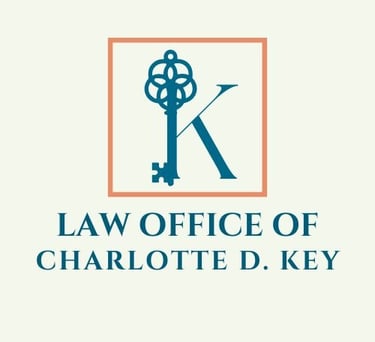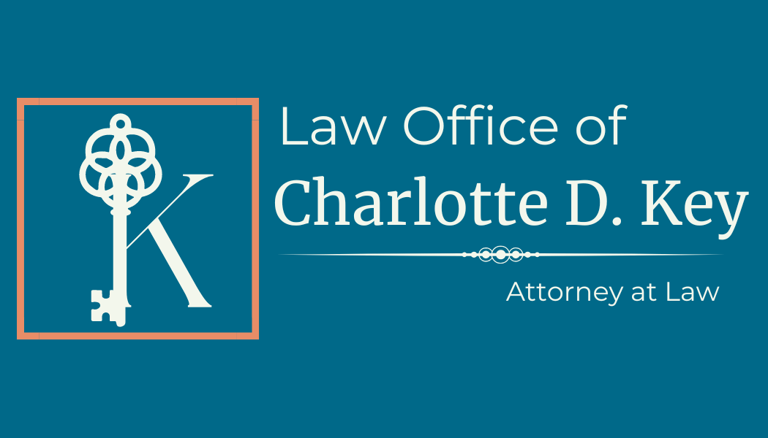Common Probate FAQs
1. What is probate?
Probate is the legal process of administering a deceased person's estate, including validating their will, settling debts, and distributing assets to beneficiaries.
2. Do all estates have to go through probate?
Not all estates require probate. Small estates or those with assets held in a trust or with designated beneficiaries may avoid probate. State-specific rules and the nature of the assets will determine if probate is necessary.
3. How long does the probate process take?
The duration of the probate process can vary widely. It typically takes several months to over a year, depending on the complexity of the estate, any disputes among beneficiaries, and court schedules.
4. What are the steps involved in the probate process?
The probate process generally involves:
Filing a petition with the probate court.
Notifying heirs and creditors.
Validating the will.
Inventorying the estate.
Paying debts and taxes.
Distributing remaining assets to beneficiaries.
Closing the estate.
5. What are the costs associated with probate?
Probate costs can include court fees, attorney fees, executor fees, and other administrative expenses. These costs vary depending on the size and complexity of the estate.
6. Can probate be avoided?
Yes, probate can often be avoided through proper estate planning, such as creating a living trust, designating beneficiaries on accounts, and owning property jointly with rights of survivorship.
7. Who is responsible for administering the estate during probate?
The executor named in the will or, if there is no will, an administrator appointed by the court is responsible for administering the estate during probate.
8. What happens if there is no will?
If there is no will, the estate is considered "intestate," and the court will appoint an administrator. The assets will be distributed according to state intestacy laws, which typically favor spouses, children, and other close relatives.
9. Can a will be contested?
Yes, a will can be contested on several grounds, including lack of testamentary capacity, undue influence, fraud, or improper execution. Contesting a will involves legal proceedings and can complicate the probate process.
10. What is the role of an executor?
The executor, also known as a personal representative, is responsible for managing the estate through the probate process. Duties include filing the will, notifying beneficiaries, paying debts and taxes, and distributing assets.
11. How are debts and taxes handled during probate?
Debts and taxes are paid from the estate before any assets are distributed to beneficiaries. The executor must identify and settle all legitimate claims against the estate, including final income taxes and any estate taxes due.
12. What if the estate does not have enough assets to cover its debts?
If an estate is insolvent (does not have enough assets to cover its debts), the executor must prioritize debt payments according to state law. Beneficiaries may receive nothing if debts exhaust the estate's assets.
13. How can I ensure a smooth probate process?
Ensuring a smooth probate process involves thorough estate planning, maintaining clear and updated documents, selecting a reliable executor, and working with an experienced probate attorney.
14. Do I need an attorney to handle probate?
Yes, Texas law requires that you have a probate attorney to represent the estate in court. An attorney can help navigate the legal requirements, ensure the process is conducted correctly, and handle any complexities or disputes that arise.
15. What should I do if I am named as an executor?
If you are named as an executor, your first step is to locate the will and any other relevant documents. Next, you should contact a probate attorney to guide you through the process and help you fulfill your responsibilities effectively.
Common Estate Planning FAQs
1. What is estate planning?
Estate planning is the process of arranging for the management and disposal of a person's estate during their life and after death. It involves creating legal documents like wills, trusts, and powers of attorney to ensure your wishes are carried out.
2. Why do I need an estate plan?
An estate plan ensures that your assets are distributed according to your wishes, reduces the burden on your loved ones, minimizes estate taxes, and provides clear instructions for your care if you become incapacitated. Estate planning is essential for everyone, regardless of the size of their estate.
3. What documents are typically included in an estate plan?
Common documents in an estate plan include a will, living trust, durable power of attorney, healthcare power of attorney, living will, and beneficiary designations. These documents help manage your estate effectively.
4. What is the difference between a will and a trust?
A will is a legal document that specifies how your assets will be distributed after your death. A trust, on the other hand, is a fiduciary arrangement that allows a third party, or trustee, to manage assets on behalf of beneficiaries. Trusts can help avoid probate and provide more control over asset distribution.
5. How often should I update my estate plan?
You should review and update your estate plan every 3-5 years or after significant life events such as marriage, divorce, the birth of a child, or the acquisition of significant assets. Regularly updating your estate plan ensures it remains effective and relevant.
6. What happens if I die without a will?
If you die without a will (intestate), state laws will determine how your assets are distributed, which may not align with your wishes. This process can be lengthy and complicated for your heirs. Avoiding intestacy through proper estate planning can prevent these issues.
7. Can I create my own estate planning documents?
While it's possible to create your own estate planning documents using online templates, it's advisable to consult an estate planning attorney to ensure your documents comply with state laws and accurately reflect your wishes. Professional guidance can prevent costly mistakes.
8. How can I minimize estate taxes?
Strategies to minimize estate taxes include gifting assets during your lifetime, setting up trusts, and taking advantage of estate tax exemptions and deductions. An estate planning attorney can provide specific guidance based on your situation. Minimizing estate taxes is a key benefit of estate planning.
9. What is a living will?
A living will, also known as an advance healthcare directive, is a document that outlines your preferences for medical treatment if you become incapacitated and unable to communicate your wishes. Including a living will in your estate plan ensures your healthcare decisions are respected.
10. What is a durable power of attorney?
A durable power of attorney is a document that grants someone you trust the authority to manage your financial and legal affairs if you become incapacitated. This is a crucial component of a comprehensive estate plan.
11. What is probate, and how can it be avoided?
Probate is the legal process of validating a will and distributing assets. It can be time-consuming and costly. Creating a living trust, joint ownership of property, and designating beneficiaries on accounts are ways to avoid probate. Estate planning can help you avoid the complexities of probate.
12. Who should I choose as my executor or trustee?
Choose someone you trust, who is responsible, and who can handle the administrative duties of managing your estate. This could be a family member, friend, or a professional such as an attorney or financial advisor. The right executor or trustee is vital for effective estate administration.
13. Can I disinherit a family member in my will?
Yes, you can choose to disinherit a family member in your will, but it must be explicitly stated. Consult with an attorney to ensure it is done legally and to understand the potential implications. Proper estate planning allows you to make specific inheritance decisions.
14. How do I ensure my digital assets are included in my estate plan?
Include instructions for accessing and managing your digital assets (such as online accounts, social media profiles, and digital files) in your estate plan. Provide login information and appoint a digital executor if necessary. Managing digital assets is an important aspect of modern estate planning.
15. What should I do if I move to a different state?
If you move to a different state, review your estate plan with an attorney to ensure it complies with the new state's laws. Some documents may need to be updated or re-executed. Keeping your estate plan up-to-date is crucial, especially after a move.
Serving Collin County, Dallas County, Denton County, Rockwall County, Grayson County and surrounding areas.
Schedule your consultation online today!
Info@keyestatelaw.com
972-752-3454
© 2024. All rights reserved. | Disclaimer The Law Office of Charlotte D. Key, PLLC
5055 W. Park Blvd., Ste. 400
Plano, Texas 75093
By Appointment Only
Connect with us!
Blog
Resources
Law Office of Charlotte D. Key, PLLC


